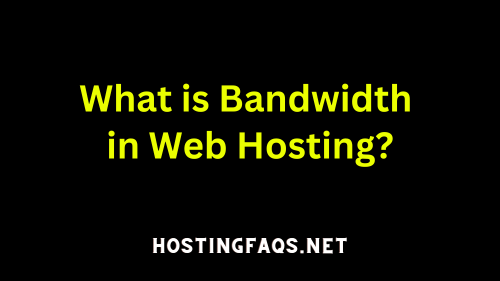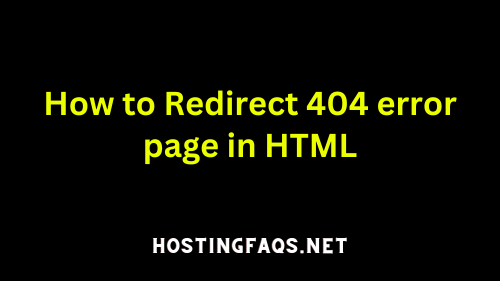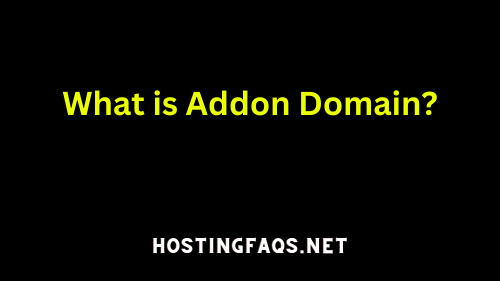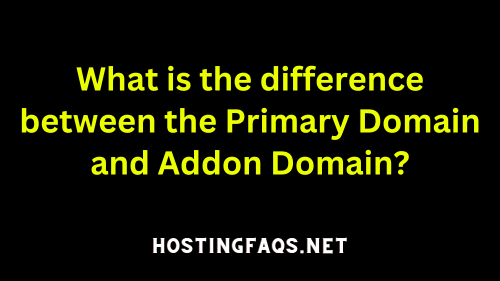Shared hosting, while being a popular and cost-effective option for hosting websites, particularly for individuals and small businesses, comes with certain security considerations. The security level of shared hosting can vary depending on the hosting provider and the measures they have implemented. Here’s a detailed look at the security aspects of shared hosting:
Security Risks in Shared Hosting
- Shared Environment: The biggest security concern with shared hosting is the nature of the shared environment itself. Since multiple websites are hosted on the same server, a security breach in one site could potentially impact others if the server is not properly configured and isolated.
- Limited Control: Users on a shared hosting platform have limited control over the server’s configuration. This means they rely heavily on the hosting provider for security updates, application patches, and server-level security measures.
- Resource Restrictions: Shared hosting often imposes restrictions on the available resources, which can limit the ability to implement certain security measures, such as advanced monitoring tools or custom firewalls.
Security Measures by Hosting Providers
- Server Maintenance: Reputable hosting providers regularly update and patch their servers to protect against known vulnerabilities.
- Isolation Technologies: Many hosts use account isolation technology to ensure that each hosting account on a shared server is isolated from others, minimizing the risk that a security issue in one account will affect others.
- Firewalls and Security Applications: Providers often implement firewalls and other security applications to block malicious traffic and protect hosted websites.
- Regular Backups: Many shared hosting providers offer regular backups, which is crucial for data security and recovery in case of data loss or website compromise.
- Monitoring and Intrusion Detection Systems: Continuous monitoring and intrusion detection systems can help in early identification of potential security threats.
Best Practices for Users
- Regular Updates: Keep all software, like content management systems (CMS), plugins, and scripts, up to date with the latest security patches.
- Strong Passwords: Use strong, unique passwords for hosting accounts, databases, and admin areas of your website.
- Install Security Plugins: If using a CMS like WordPress, install reputable security plugins to enhance website security.
- SSL Certificates: Use SSL certificates to encrypt data transferred between the server and the users.
- Regular Backups: Keep regular backups of your website independently, even if your hosting provider offers backup services.
Conclusion
While shared hosting is generally secure for basic websites, the level of security is not as high as more advanced hosting options like VPS or dedicated hosting. The key to maximizing security in a shared hosting environment is a combination of vigilant hosting providers and responsible security practices by users. For websites handling sensitive data or requiring higher levels of security, considering hosting options that offer more control and dedicated resources may be advisable.
Best WordPress Hosting for Beginners in 2024
Hosting Company
Why To Buy
Pricing
Latest Deal

Cheapest Shared Hosting With Premium Features
Starts from $0.99/mo.
Up To 80% OFF

Affordable Hosting With Best Performance
Starts from $2.99/mo.
Up To 75% OFF

#1 WordPress Recommended Hosting With Great Features
Starts from $2.65/mo ($8.99/mo).
Up To 70% OFF
Hosting Company | Why To Buy | Pricing | Latest Deal |
 | Cheapest Shared Hosting With Premium Features | Starts from $0.99/mo. Up To 80% OFF | |
 | Affordable Hosting With Best Performance | Starts from $2.99/mo. Up To 75% OFF | |
 | #1 WordPress Recommended Hosting With Great Features | Starts from $2.65/mo ($8.99/mo). Up To 70% OFF |





